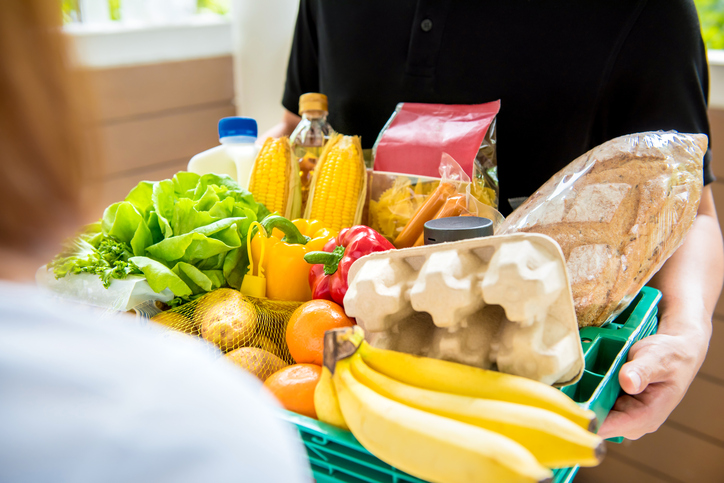
Flexibility, hyperpersonalization, and convenience are the retail buzzwords on everyone’s lips. In just five months, e-grocery experienced five years of growth, and there’s no going back. Grocery leaders expect the e-commerce market to more than double in the next five years, with delivery options increasingly favored by expectant consumers.
Yet many grocers don’t believe they have the necessary capabilities to manage this end-end digital shopping channel. And with reason. The Walmart’s and Amazon’s of our world have set the bar high with personalized product recommendations, a wide assortment of available options, and food arrivals within the hour. But how do the smaller players compete?
It all boils down to data. Rather than trying to stay up-to-date with the latest trends, smaller grocers that analyze their data can understand their specific customers to target, and even predict, their individual needs.
Let’s look at the top data strategies for smaller e-grocers to grow their businesses.
Deep-Data Dive, In-Store and Out
Customer data is intricately linked to the supply chain. E-grocers may have one system for customer preferences and loyalty and another for an overview of suppliers, stock availability and warehousing. Both data sets need to be aligned for optimization to be successful.
When inventory, in-store, and online sales data are in one place, teams can see what products are available, running low, in the most demand, and at which locations or specific platform. For example, if the bakery section causes the highest waste, retailers may choose to offer an online promotion that upsells fresh bread alongside canned soup. However, suppliers must be ready to restock the shelves.
Reliable records of items sold online and in-store, basket sizes, and product pairings will help smaller retailers align their digital store layouts and promotions with audience expectations and avoid excess waste. Grocers, suppliers, warehouses, and e-commerce teams that share a central system can create optimal, low-waste strategies in real time.
Integrated Value Proposition
To keep online shoppers coming back, smaller grocers must match customer needs with their own. However, customers’ wants and needs are changeable. Grocers should use their data to continuously identify their online customers’ purchasing habits and preferences to meet customer expectations.
Let’s say customer A selects healthy products. E-grocers can use their digital platforms to show the health benefits of products, notify customers of more nutritive alternatives, and complement ingredients with “lean” recipes. Perhaps customer B makes cost-saving choices with encouragement for home cooking. This customer may prefer recipes under $5.
Smaller grocers must start by discovering the most popular trends within their customer segments and offer promotions they will enjoy within the selection process.
Delivery Options for Everyone
The same applies to fulfillment. Even though lower delivery costs remain the most attractive to consumers, trends rising in e-grocery shopping attractiveness are lower minimum order values (+5), deliveries at off-peak times (+3), and more precise delivery windows (+2). Although smaller retailers might struggle to lower delivery costs and minimum order values, it’s about thinking outside the box.
Options could include offering higher delivery fees for same-day, low minimum orders, or reduced costs for customers that select specific time slots — enabling e-grocers to carpool deliveries on a particular day. Customers conscious of the delivery fee or timebound looking for accurate arrival times will likely choose cheaper delivery tomorrow, saving everyone costs as retailers increase vehicle capacity usage and minimize fuel costs, too.
Although the number of players in the e-grocery market has increased, today’s leaders can change tomorrow. Small grocers that take a data-driven approach and make strategic investments now will be best positioned to meet their customers’ needs in the future. And with a happy shopper comes a successful shop.
Bagrat Safaryan is the co-founder and CEO of Local Express, an end-to-end food e-commerce platform.

